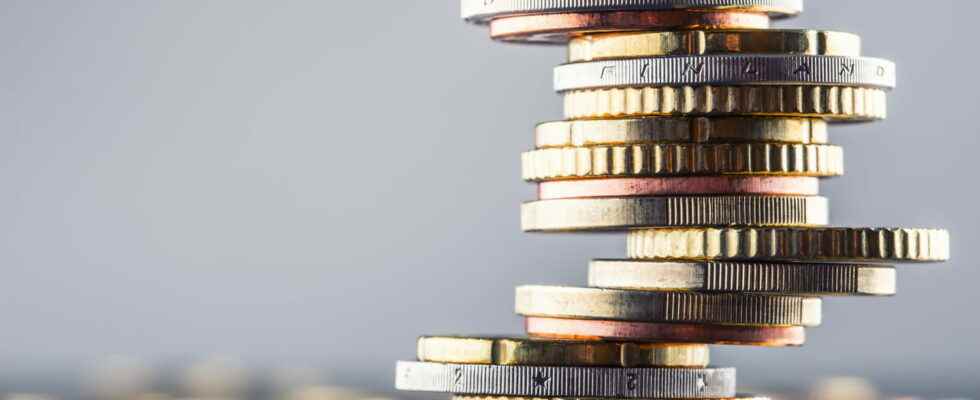On Wednesday September 14, in the middle of a press conference, the Prime Minister announced that an exceptional energy check would be paid by the end of the year to households that risk being the most affected by the energy crisis, in order to be able to especially to keep warm this winter.
This is a measure that should relieve many families, whose budget is hurt by soaring energy prices. On Wednesday September 14, during a press conference on the energy situation in France, Prime Minister Elisabeth Borne, accompanied by the Ministers of Economy and Ecological Transition, announced the payment of an exceptional energy check by the end of the year to the most modest households.
Government agrees to extend price shield to lock in gas and electricity prices for “all households, condominiums, social housing, small businesses and the smallest municipalities”. Price increases will be limited to 15% for gas from January 2023, and 15% for electricity in February 2023. “15% instead of 120% is the commitment we make”said the Prime Minister before adding that the difference will not be carried over to consumer bills the following year. But, who will receive the energy check?
“Exceptional energy vouchers will be paid by the end of the year. This aid will concern the 12 million most modest households for an amount of 100 to 200 euros” announces the Prime Minister pic.twitter.com/RtptFdw4DG
— franceinfo (@franceinfo) September 14, 2022
What is the amount of the exceptional energy check for 2022?
Thanks to the tariff shield: – gas: + 25 euros per month instead of 200 – electricity: + 20 euros per month instead of 180 |
|---|
The amount of the exceptional energy check will be 100 or 200 euros, depending on the degree of precariousness. 40% of families are affected by this aid, ie 12 million families in total. 20% of these families, among the most disadvantaged, will receive 200 euros, and households in deciles 3 and 4 (between the poorest 20% and the wealthiest 60%) will receive 100 euros. “For example, a single mother with two children who earns the minimum wage will receive an exceptional energy check of 200 euros and a working couple with two children who earn 3,000 euros net cumulatively will receive 100 euros”, explained Elisabeth Borne. This aid is supposed to curb the announced increase in gas and electricity in 2023, which despite the tariff shield will still increase by 15%. Nevertheless, some households will find it difficult to afford this increase, hence this new exceptional aid, to help them in particular to heat themselves decently this winter.
Who will be able to benefit from the exceptional energy check?
“This aid will concern the 12 million most modest households, i.e. 4 out of 10 householdsfor an amount of 100 to 200 euros depending on income”, said the Prime Minister at a press conference. For example, a single mother with two dependent children, who earns the minimum wage, will receive an exceptional energy check of 200 euros. Households heating with oil and wood will also be able to benefit from it., said Agnès Pannier-Runacher, Minister for Energy Transition. The cost of this aid is estimated at 1.8 billion euros, according to the Minister of the Economy, Bruno Le Maire.
The conditions for obtaining the energy check
Not everyone can claim the energy check put in place by the government. Eligibility for the energy check is calculated according to household income and composition. Aid is granted subject to means testing. “To qualify, your household’s annual tax reference income (RFR) must be less than €10,800 per consumption unit (UC)”, indicates the site of the Public Service.
What are the steps to take ?
As for the exceptional solidarity aid, planned by the government to deal with inflation, To receive the energy voucher, there is no procedure to take. In principle, the tax administration lists the persons meeting the conditions for allocation. This list is then sent to the Services and Payment Agency (ASP), which sends the energy check to the beneficiaries.
